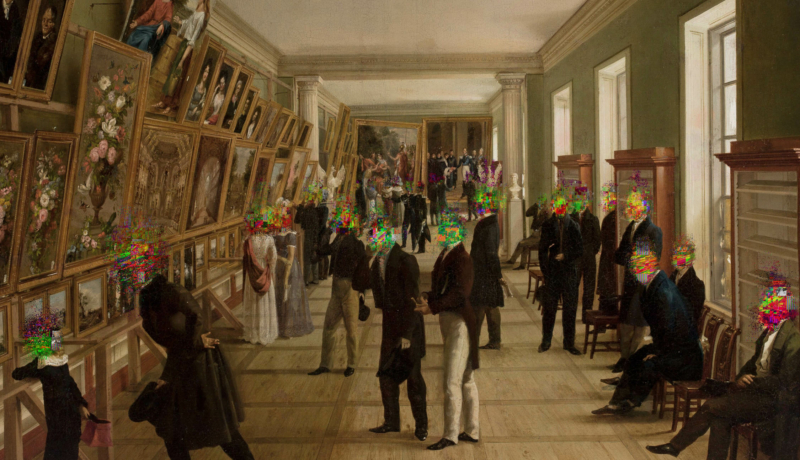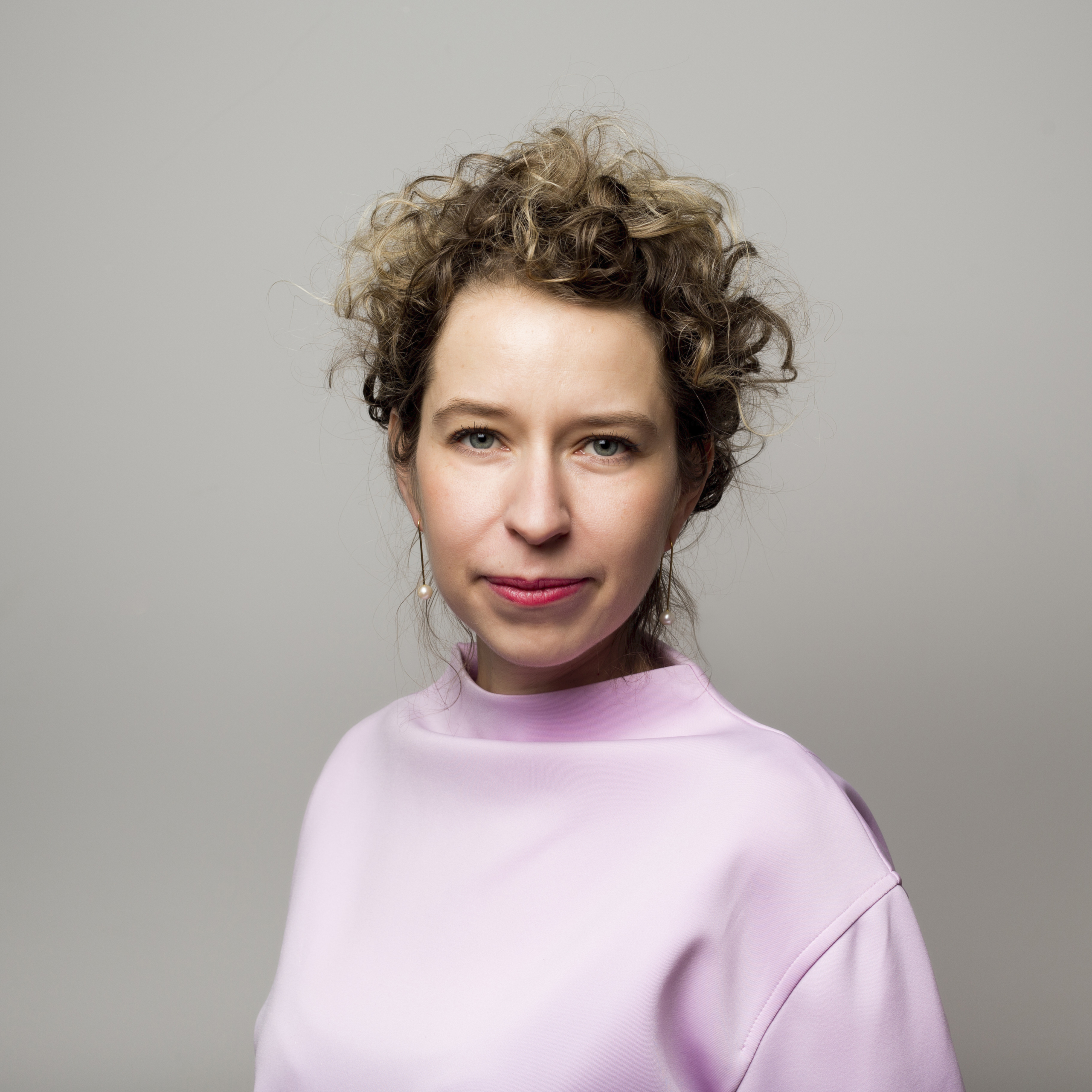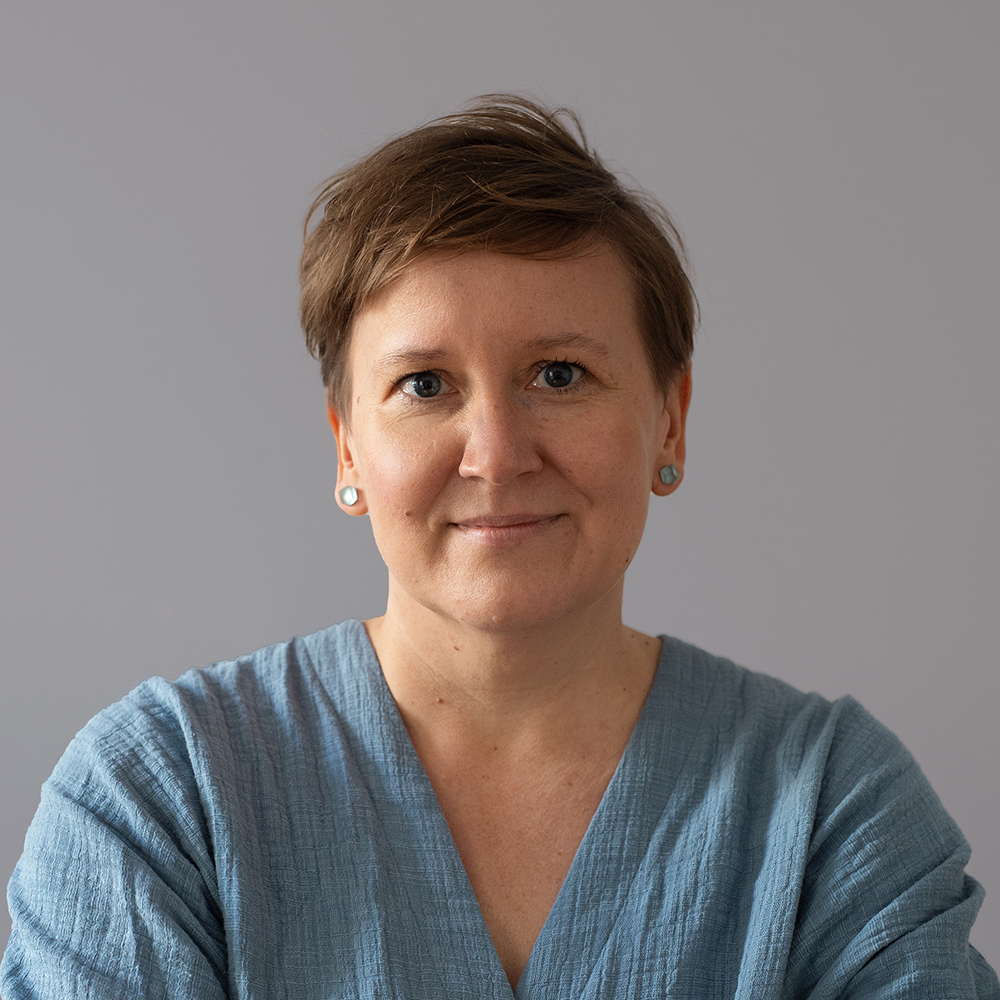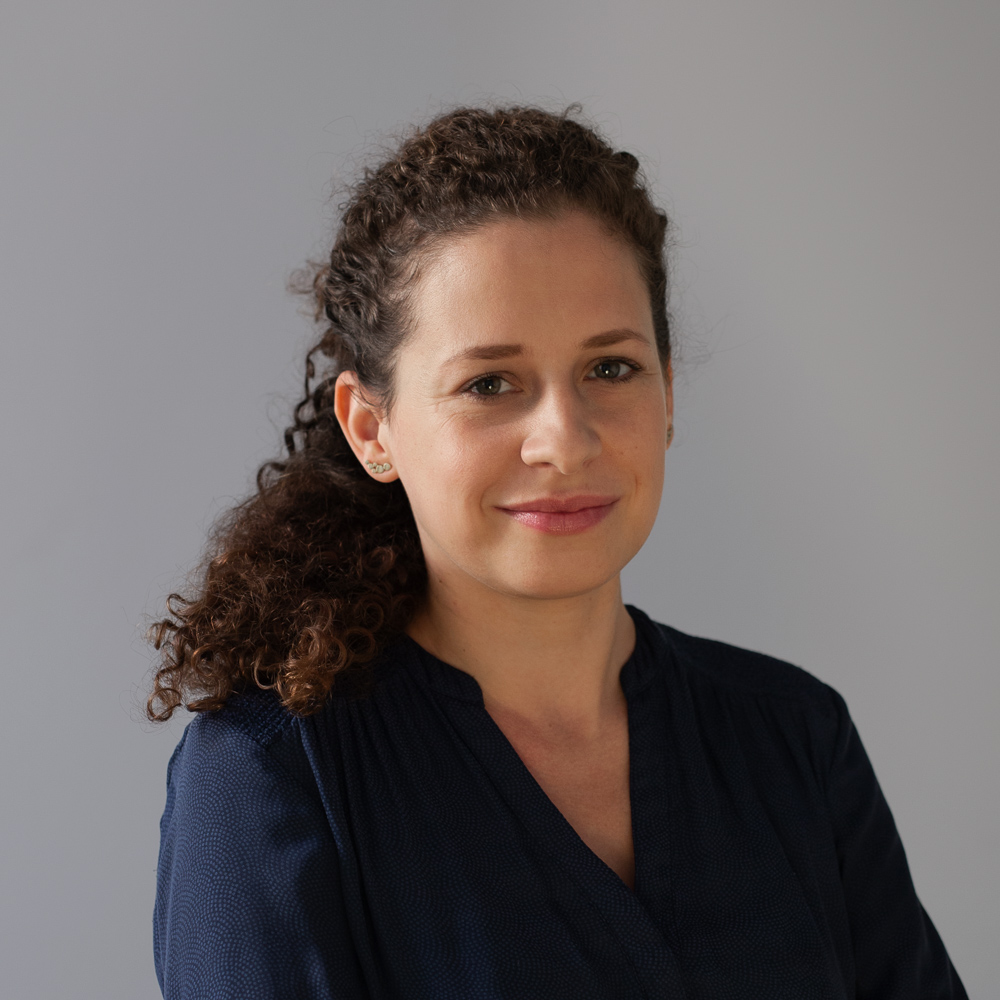Open Culture
Our vision and values
The mission of open culture is to support cultural institutions in creating and sharing digital cultural heritage resources and building relationships with the audience through technology. To this end, we have created the Open Culture Studio ãa technology lab that brings together representatives from cultural institutions, social researchers, designers, programmers, and experts who collaboratively work towards innovation in opening up the cultural sector.
In recent years, the digitization of Polish cultural institutions’ resources has been conducted on a large scale. Many collections have been made available online, some in an open model that allows for free processing and use of resources not only for educational purposes but also for creative, research, and commercial purposes. However, enabling accessãboth technological and legal opennessãis just the first step. For digital cultural resources to circulate on the internet and reach their potential users, solutions based on understanding the needs, habits, and motivations of audiences are necessary, which aligns with the mission and tasks of public cultural institutions.
Openness is our key value and we interpret it broadlyãas openness to the audience and to people with special needs; as technological and legal openness of products and resources that enable free sharing of knowledge; as openness to change and readiness to adapt to new circumstances, and as promoting free and open software (open source). This understanding of openness translates into the inclusiveness of the solutions created, the transparency of the process for all involved, the participation of various social groups, cooperation, equal access to knowledge, and attention to the needs of users.
A significant distinguishing feature of our work model is acting towards the ecology of cultural institution practices. In practice, this means caring for the rational management of public funds, preferring solutions aimed at long-term sustainability, adapting and updating previously developed solutions, and ensuring the coherence of new projects with the mission, specificity, and social role of public cultural institutions.
Open Culture Studio
The Open Culture Studio is a technology lab that draws from the experience and knowledge of Centrum Cyfrowe team to better support institutions at every stage of the digital transformation process, user-centered design, conscious and open online collection sharing, and the introduction of participatory practices.
We specialize in activities covering all elements of the heritage digitization process: digitization, legal status clarification, open sharing, building tools and technological solutions, developing digital strategies, and engaging various audience groups in the daily functioning of cultural institutions, including the use and processing of these resources.
You can find the Workshop at otwartakultura.org.
Research
At Centrum Cyfrowe, we have been conducting research for years that analyzes the circulation of resources on the internet, ways of digital cultural participation and participatory business models, the digitization process, and the sharing of cultural resources, as well as digital competency research.
During the pandemic, we were the first to study the strategies of cultural sector employees coping with the global pandemic experience and changes within the operation of cultural institutions exclusively online. The conclusions from this study are available in the report “Culture in the Pandemic” (“Kultura w pandemii”). We conduct research within our projects, both Polish and international, or on commission and in cooperation with cultural institutions.
Training and Workshops
As a team of experts, we also support institutions in expanding their digital competencies in many areas related to the activities of cultural institutions. We conduct training and workshops on, among other things, creating tools for sharing digital collections, managing projects ã including IT projects, digital and AI technologies, copyright, digital accessibility, digitization strategies, audience research, and participatory activities or extraction workshops.







